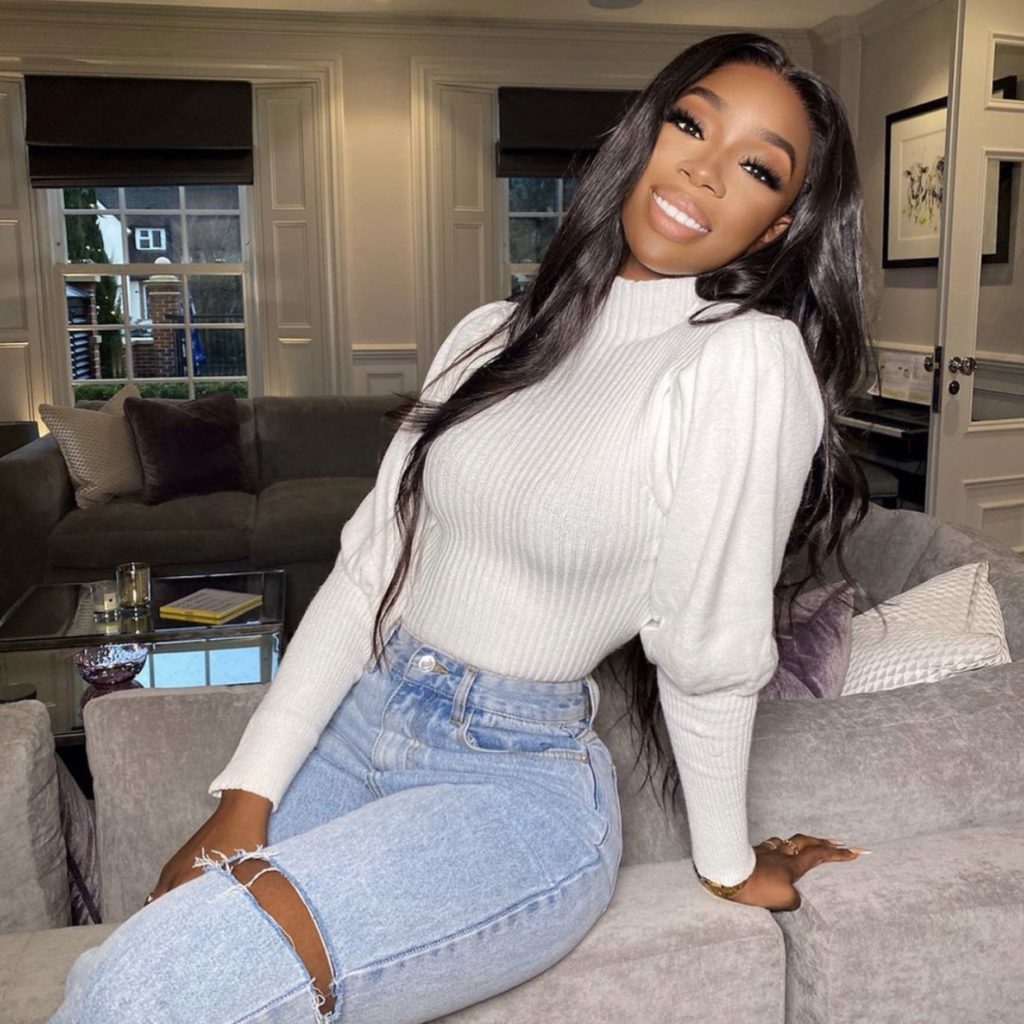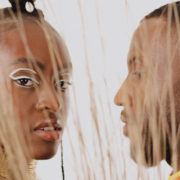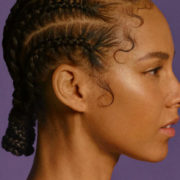Yewande isn’t the only black girl to be labelled a ‘bully’ [@yewande_biala] [@leoniebelle_]
![Yewande isn’t the only black girl to be labelled a ‘bully’ [@yewande_biala] [@leoniebelle_]](https://guap.co.uk/wp-content/uploads/2021/01/yewande-cover-180x180.jpg)
Black women share their stories about being called “mean” or ‘aggressive” following Yewande Biala’s statement on micro-aggressions from white peers.
Contribution by Leonie Belle.
Earlier this week, an unearthed Instagram comment was published on Reddit, where previous Love Island contestant Lucie Donlan accused Yewande Biala of bullying her. However, fellow contestant Amber Gill took to Twitter in defence of Yewande, denying this claim and revealing the microaggressions directed towards her. Following this, many black women tweeted about having similar experiences being framed as mean or aggressive by their white peers, especially in situations where they had to make a stand or defend themselves in some way.
This stems from deeper issues such as racism, antiblackness, and misogynoir. Too loud, too abrasive, too intimidating is often code for too black.
@ThatKidRuu on Twitter said that ‘this Lucie / Yewande issue is something black girls know all too well. It’s so sad that we can all relate to it’. I posted a tweet asking black women to share their stories and got many responses of black women being typecast as bullies, at school, and at university.
Tia recalls an experience in primary school, where she and a friend were ‘reported for bullying’ by another student. “She told members of staff she found us intimidating. We were 11. We were so confused, thinking they must have mistaken us for other people. They put us into isolation for a week. My friend cried because she was convinced she must be a bully.”
These labels are put on black girls from a very young age. A study released in June 2017, ‘Girlhood Interrupted: The Erasure of Black Girls’ Childhood‘, showed that black girls between the ages of 5-14 are viewed as less innocent and more aggressive than white girls of the same age. As a result of these stereotypes, black girls are more likely to be formally disciplined at school, and less likely to be comforted and supported by their teachers.
‘black girls are more likely to be formally disciplined at school, and less likely to be comforted and supported by their teachers.‘
Elizabeth shares her experience at a private school. “I went to a private school with predominantly white students. In year eleven, a girl started a rumour about me and when I found out and confronted her, she reported me for bullying. Imagine, I was almost expelled. All my teachers were informed, and they made me change boarding houses as well. I wasn’t even allowed to walk around with my friends in order to not further intimidate her”.
‘It fits their narrative that I would be the bully,’ she added. ‘We are always seen as loud and intimidating’.
For Mary, the Yewande situation really struck a chord. “When I was in boarding school, my housemistress asked for a nickname, because she couldn’t pronounce my actual name. I had never thought about a nickname before. But now I just introduce myself as my nickname all the time, especially to people I don’t care to have a close relationship with. I don’t know how to navigate deciding who should call me my actual name versus my nickname.”
@nattykasambala on Twitter said, “names are integral to a person’s identity, and when you dismiss, diminish or disrespect them, you’re violating their personhood”. She, like Mary, has made the decision to preserve her birth given name for specific people. It is important for people to understand the impact of this name based microaggression – assigning unwanted nicknames to others. It can feel very invalidating to the person, that you don’t care to acknowledge who they are. It can bring about feelings of shame and embarrassment, that their name has inconvenienced you in some way.
Mary also shared two experiences where she was deemed the ‘angry black girl’. “I was part of a sports club. There was only me and one other black girl on the team, they said we were aggressive, I don’t even know why. She’s 4’11 and I’m very soft-spoken. Maybe it’s because I’m tall, I’m 5’11. Eventually, I left the team, I just couldn’t be bothered with it all”.
“Tone policing is another major issue for black women,” Mary adds. “I was living in student accommodation, and one of my flatmates kept stealing my things. On top of that, she brought her dog to live with her, which obviously violates the contract we signed. Every time I would address these issues she would say she doesn’t like the tone of my voice and that I sounded aggressive. We could never get to the root of the problem.”

‘Being a taller black woman myself, with a relatively deep voice, I often feel the need to present myself in a way that doesn’t seem threatening to white people.’
Black women tend not to fit the mainstream ideas of femininity. I related to Mary’s story a lot. Being a taller black woman myself, with a relatively deep voice, I often feel the need to present myself in a way that doesn’t seem threatening to white people. The black female body, voice, and expression are policed and scrutinised. The assessment that we do not meet the criteria of what it means to be traditionally lady-like, allows for us to be branded as impolite and hostile.
“You can’t speak your mind as a black girl,” Lesley says to me. After confronting a friend about a racist remark they made, her friendship group branded her as ‘intimidating’ and a ‘bully’. “In the second year, I stayed in student accommodation because I had no friends to get a house with. I avoided going to uni when I knew I’d have to see them. Normally, I get 2:1s and firsts, but in my classes, with them, I was getting thirds. I reported the situation to my uni, but they didn’t help at all. I considered transferring, but I couldn’t face meeting new people. It was awful. Things got so bad I started going to the GP weekly, so I could talk to someone about what was going on. I thought I was going crazy.”
Today, Yewande tweeted “being black on TV means not raising your voice, not being too defensive, because you don’t want to create the narrative of being an angry black woman or being a bully”. Many black women share Yewande’s experience in being painted this way, particularly when they are voicing something they have a problem with. As we as black women are very much aware of these stereotypes that are attached to us from such a young age and follow us throughout our lives, we continue to shrink ourselves in order to accommodate white people and this shouldn’t be the case.
Contribution by Leonie Belle.
Check out the GUAP Arts & Culture section, to discover new art, film, and creative individuals.

